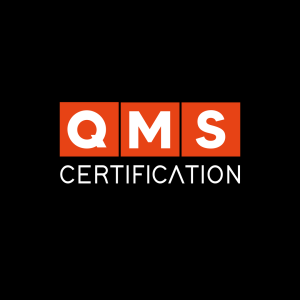Let’s say your company is already certified in ISO 9001:2015 and 14001:2015. Now, you want to add ISO 45001 certification. We can help, and the process might be more simple than you think. Read on to learn more about adding an additional certificate such as ISO 45001 to your company.
For those that are not familiar with the standard, ISO 45001:2018 seeks to mitigate occupational health and safety risks. According to the International Labor Organization, over 7,600 people die each day due to work-related accidents or diseases, this can and must be prevented and the ISO 45001 standard aims to do just that.
We explain that if your company is already certified in ISO 9001:2015 or 14001:2015, obtaining ISO 45001 certification is easier. Of course, it all depends on how familiar you are with management systems in general and thus their implementation. However, to our advantage, ISO 45001 follows Annex SL, which is the high level structure that uses the same core text and terminology as other management system standards such as ISO 9001:2015 and ISO 14001:2015. Naturally, sharing the same framework facilitates the setup of an integrated management system for multiple standards under one system.
Remember that you can always outsource this process and hire a consultant who can help you identify the gaps in your management system.
 How does the process of adding ISO 45001 certification work?
How does the process of adding ISO 45001 certification work?
At QMS, we believe that our clients are always our guide and we work to make all processes related to certification as accommodating as possible; we continue and align all audit types to wherever you are in the certification cycle with your previous registrar. Meaning, if your last audit type for your ISO 9001:2015 certification was a stage 2 audit, our transfer process will make sure to integrate all audits for all three standards into one streamlined process.
Upon your request, our proposal will not only include pricing for ISO 45001 certification, but also for future audit types of your other implemented standards.
What does QMS need from me in order to receive pricing to add ISO 45001 certification?
To ensure accuracy we will need to know the exact dates of your last audit, including its type and for which standard it correlates to. In addition, we will also need to you to complete a short questionnaire with basic information about your company, to include number of employees, scope of work, and some occupational health and safety indications of your workplace.
Our experienced team of lead auditors and professionals are ready and willing to work with you in order to add ISO 45001 certification to your already certified company.
To learn more, don’t hesitate to email us at contact@qms-certification.com, or click here to get a quote.











